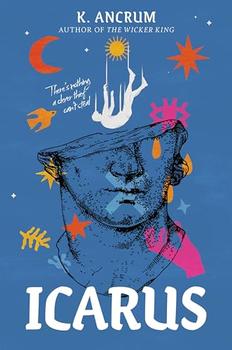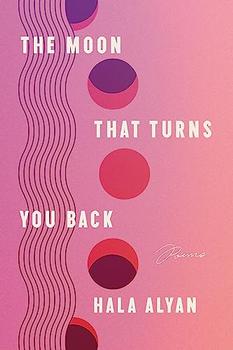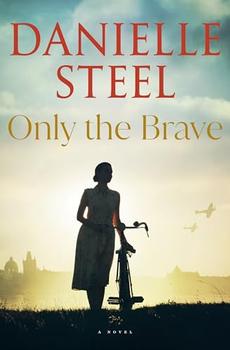Reading Guide Questions

Please be aware that this discussion guide will contain spoilers!
- On her first day teaching at the University of Tehran, Azar Nafisi began class with the questions, "What should fiction accomplish? Why should anyone read at all?" What are your own answers? How does fiction force us to question what we often take for granted?
- Yassi adores playing with words, particularly with Nabokov’s fanciful linguistic creation upsilamba (18). What does the word upsilamba mean to you?
- In what ways had Ayatollah Khomeini "turned himself into a myth" for the people of Iran (246)? Also, discuss the recurrent theme of complicity in the book: that the Ayatollah, the stern philosopher-king, "did to us what we allowed him to do" (28).
- Compare attitudes toward the veil held by men, women and the government in the Islamic Republic of Iran. How was Nafisi’s grandmother’s choice to wear the chador marred by the political significance it had gained? (192) Also, describe Mahshid’s conflicted feelings as a Muslim who already observed the veil but who nevertheless objected to its political enforcement.
- In discussing the frame story of A Thousand and One Nights, Nafisi mentions three types of women who fell victim to the king’s "unreasonable rule" (19). How relevant are the actions and decisions of these fictional women to the lives of the women in Nafisi’s private class?
- Explain what Nafisi means when she calls herself and her beliefs increasingly "irrelevant" in the Islamic Republic of Iran. Compare her way of dealing with her irrelevance to her magician’s self-imposed exile. What do people who "lose their place in the world" do to survive, both physically and creatively?
- During the Gatsby trial Zarrin charges Mr. Nyazi with the inability to "distinguish fiction from reality" (128). How does Mr. Nyazi’s conflation of the fictional and the real relate to theme of the blind censor? Describe similar instances within a democracy like the United States when art was censored for its "dangerous" impact upon society.
- Nafisi writes: "It was not until I had reached home that I realized the true meaning of exile" (145). How do her conceptions of home conflict with those of her husband, Bijan, who is reluctant to leave Tehran? Also, compare Mahshid’s feeling that she "owes" something to Tehran and belongs there to Mitra and Nassrin’s desires for freedom and escape. Discuss how the changing and often discordant influences of memory, family, safety, freedom, opportunity and duty define our sense of home and belonging.
- Fanatics like Mr. Ghomi, Mr. Nyazi and Mr. Bahri consistently surprised Azar by displaying absolute hatred for Western literature — a reaction she describes as a "venom uncalled for in relation to works of fiction." (195) What are their motivations? Do you, like Nafisi, think that people like Mr. Ghomi attack because they are afraid of what they don’t understand? Why is ambiguity such a dangerous weapon to them?
- The confiscation of one’s life by another is the root of Humbert’s sin against Lolita. How did Khomeini become Iran’s solipsizer? Discuss how Sanaz, Nassrin, Azin and the rest of the girls are part of a "generation with no past." (76)
- Nafisi teaches that the novel is a sensual experience of another world which appeals to the reader’s capacity for compassion. Do you agree that "empathy is at the heart of the novel"?
- How has this book affected your understanding of the impact of the novel?
Page numbers refer to the hardback edition
Unless otherwise stated, this discussion guide is reprinted with the permission of Random House.
Any page references refer to a USA edition of the book, usually the trade paperback version, and may vary in other editions.





